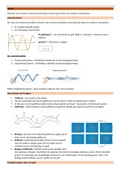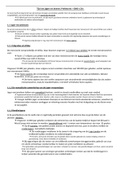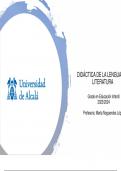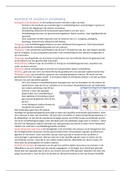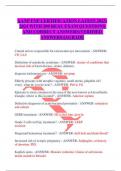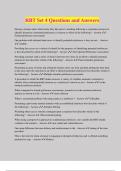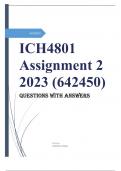Overig
DVA3703 Exam Answers 2023
- Vak
- Instelling
DVA3703 Exam Answers 2023 questions asked SECTION A Write an essay on any ONE of the following questions: QUESTION 1 Critically discuss the concept of neoliberalism and its impact on African development. (50) QUESTION 2 Identify and explain critical dimensions that characterise instit...
[Meer zien]





